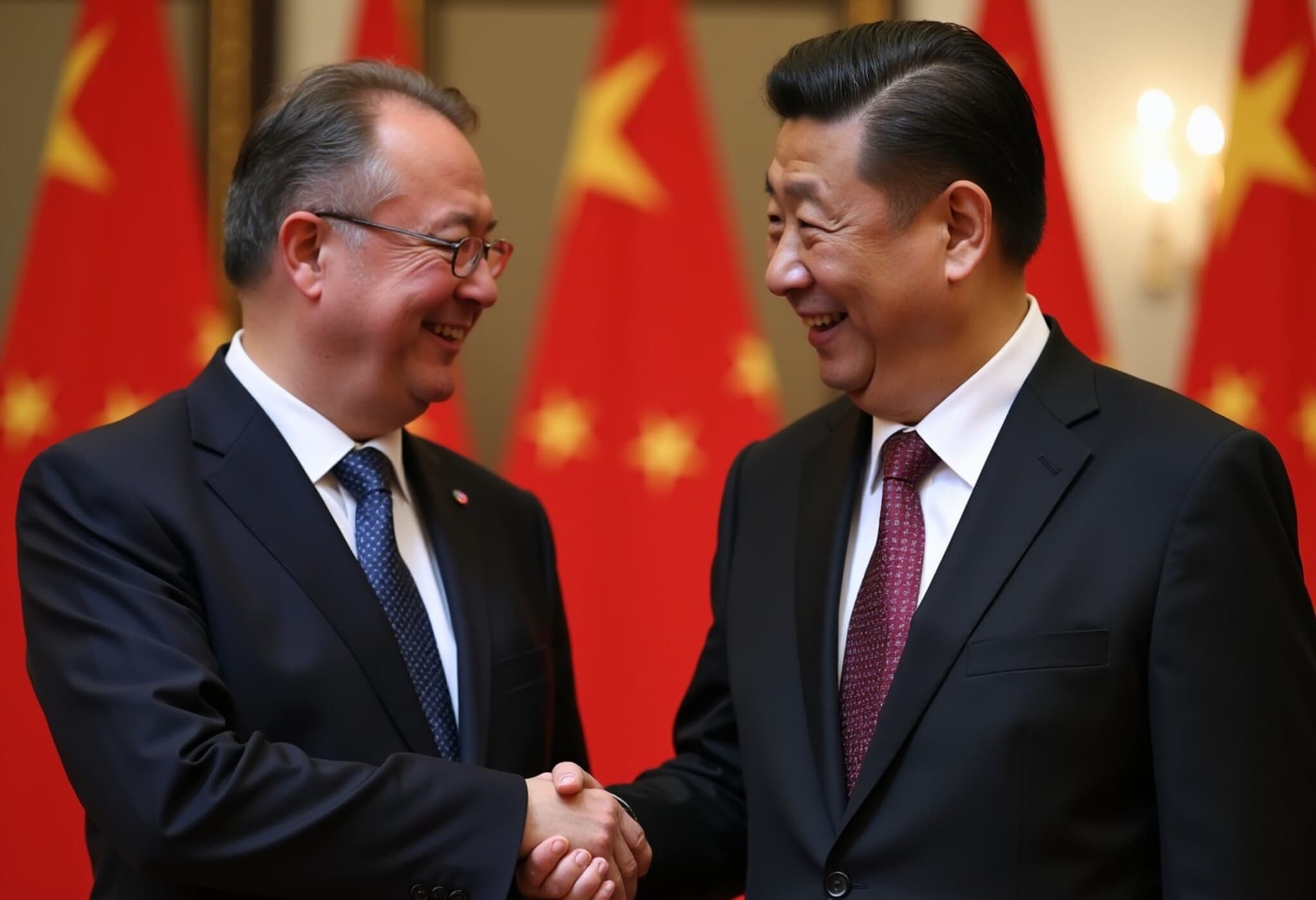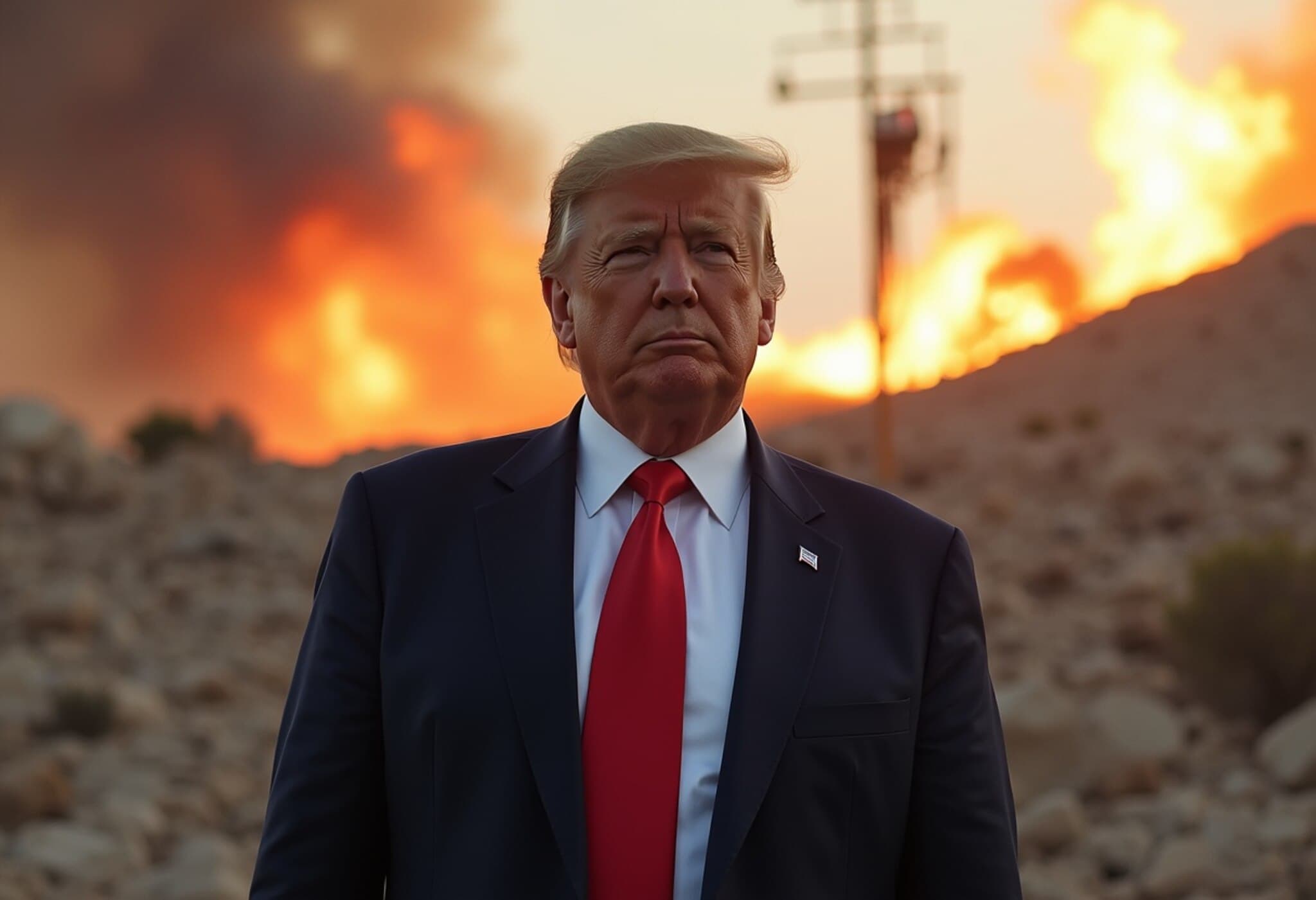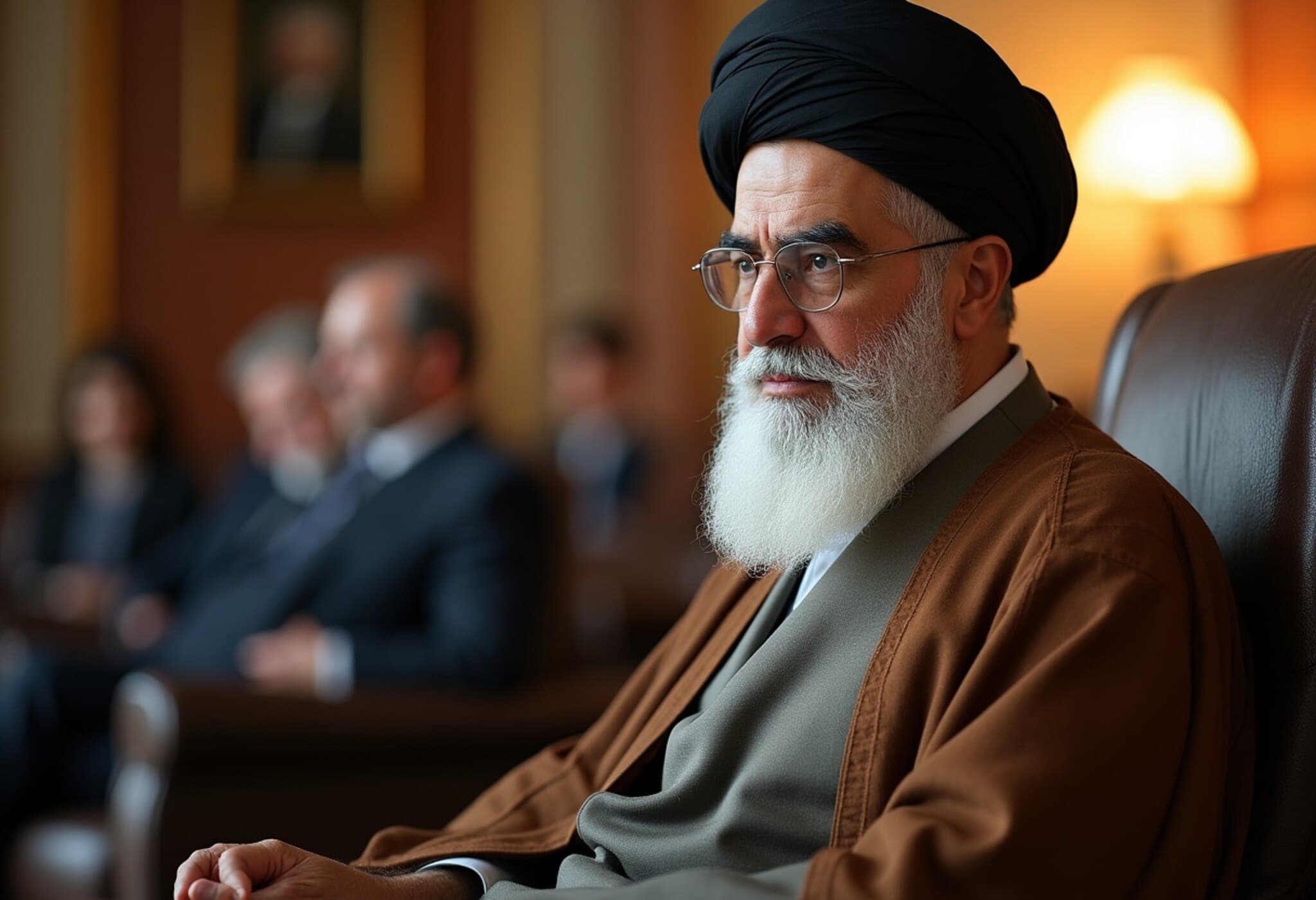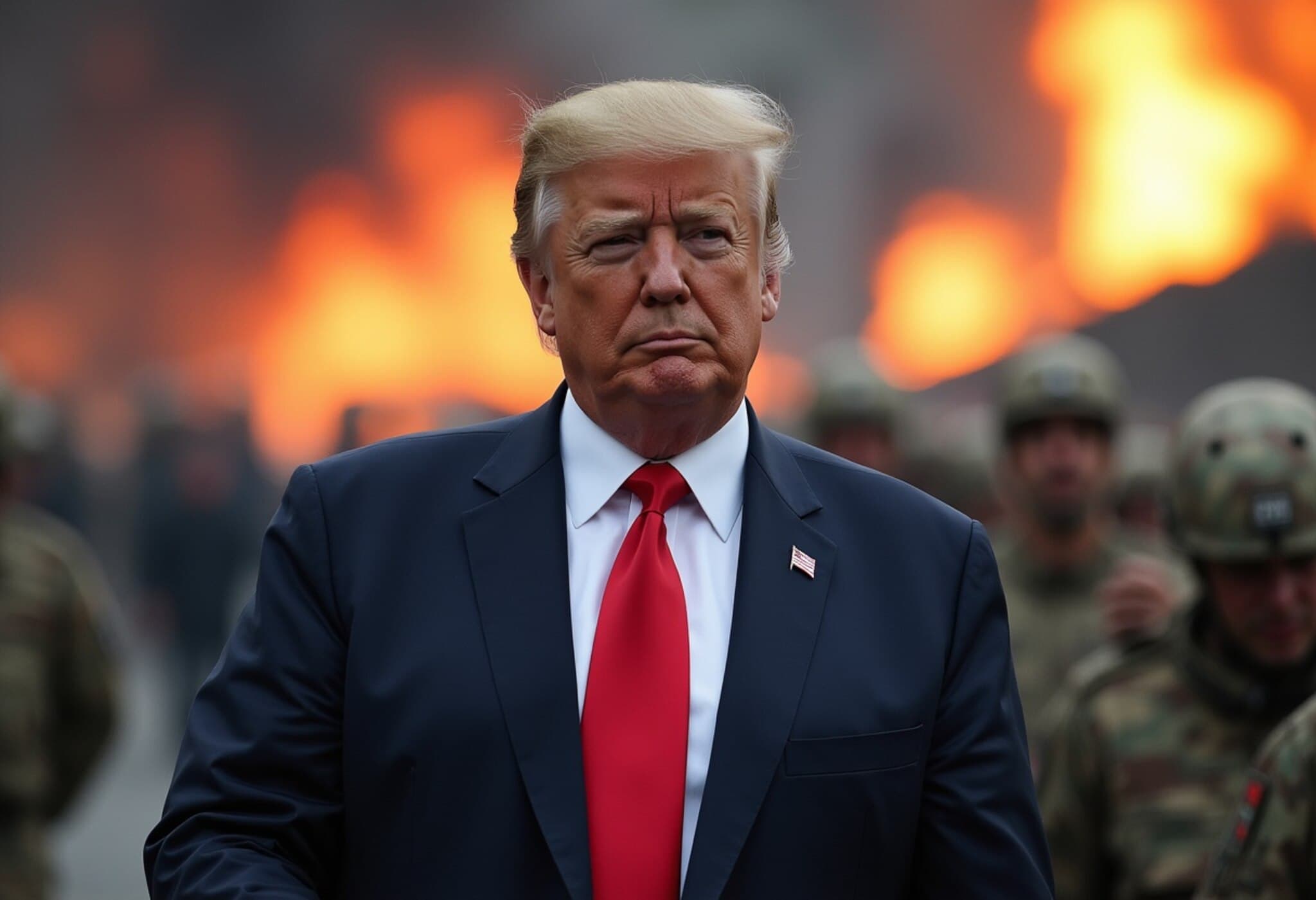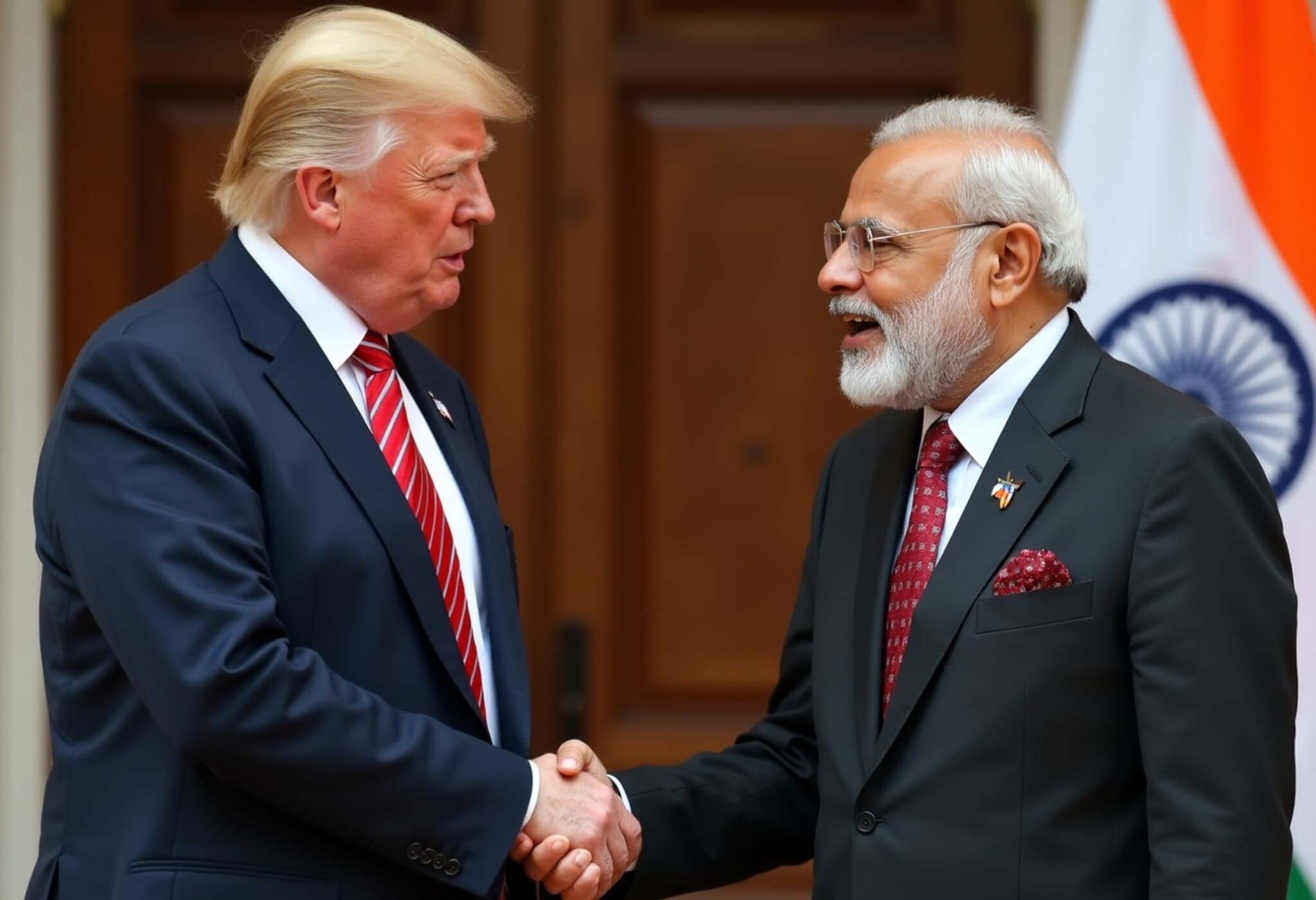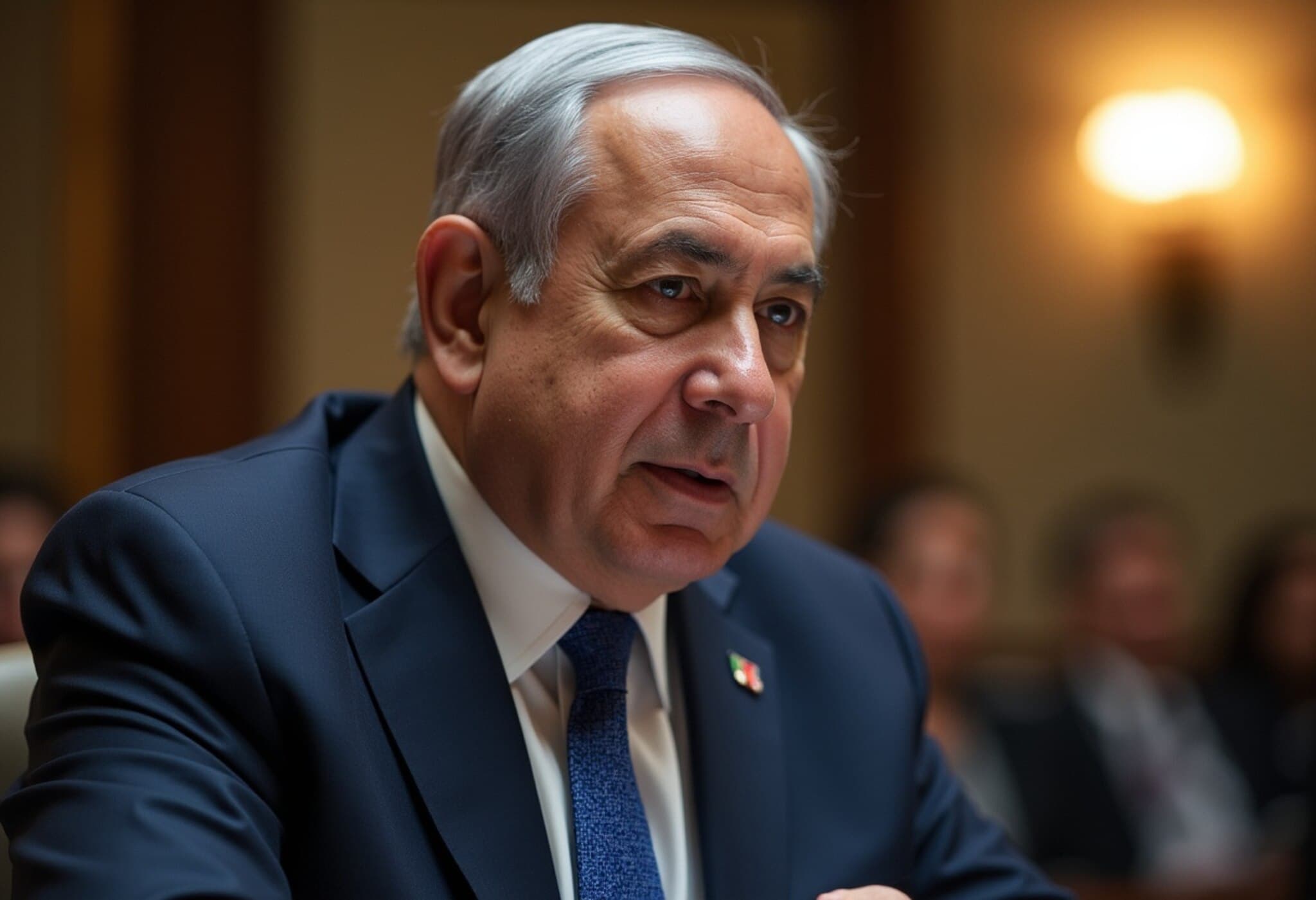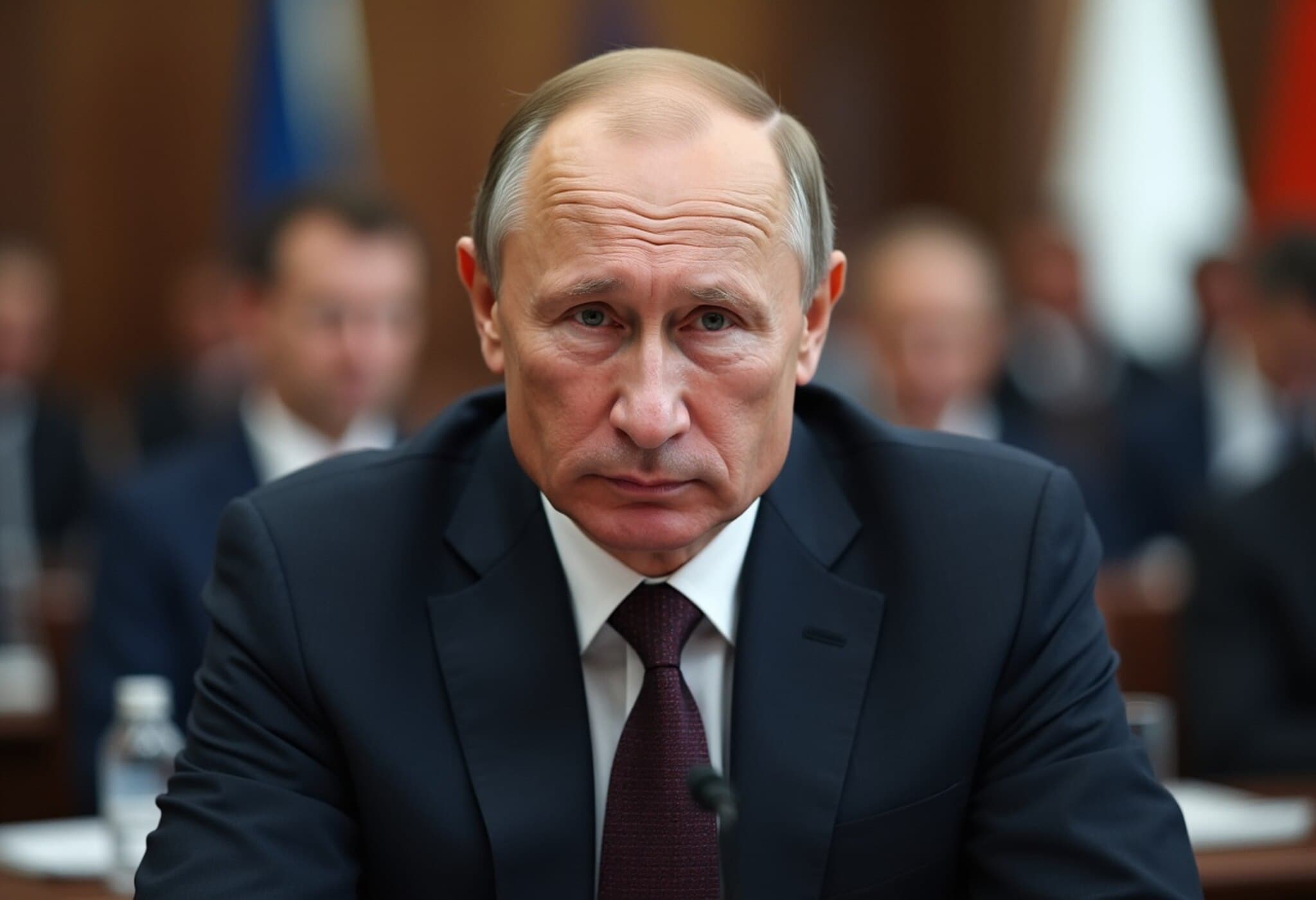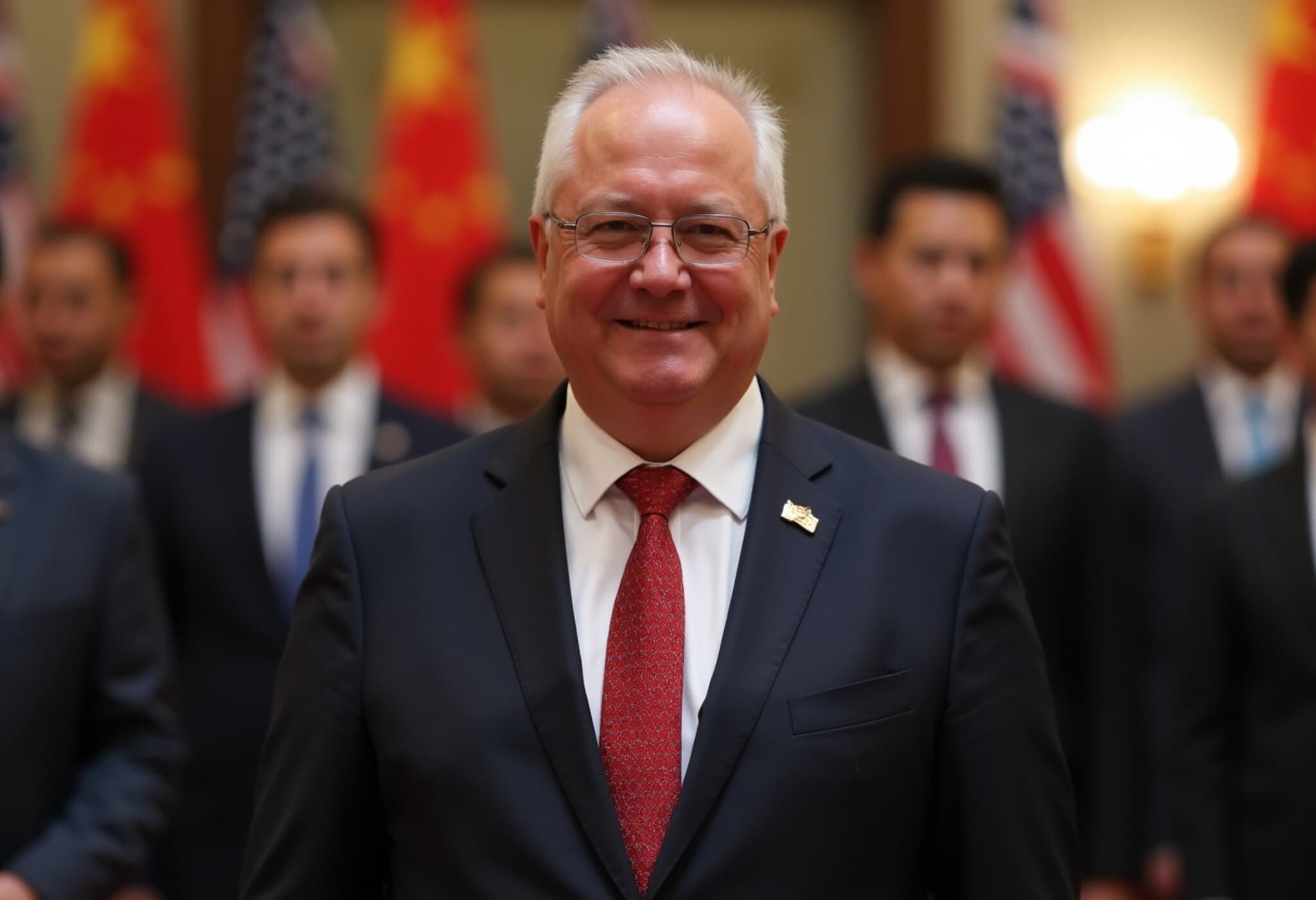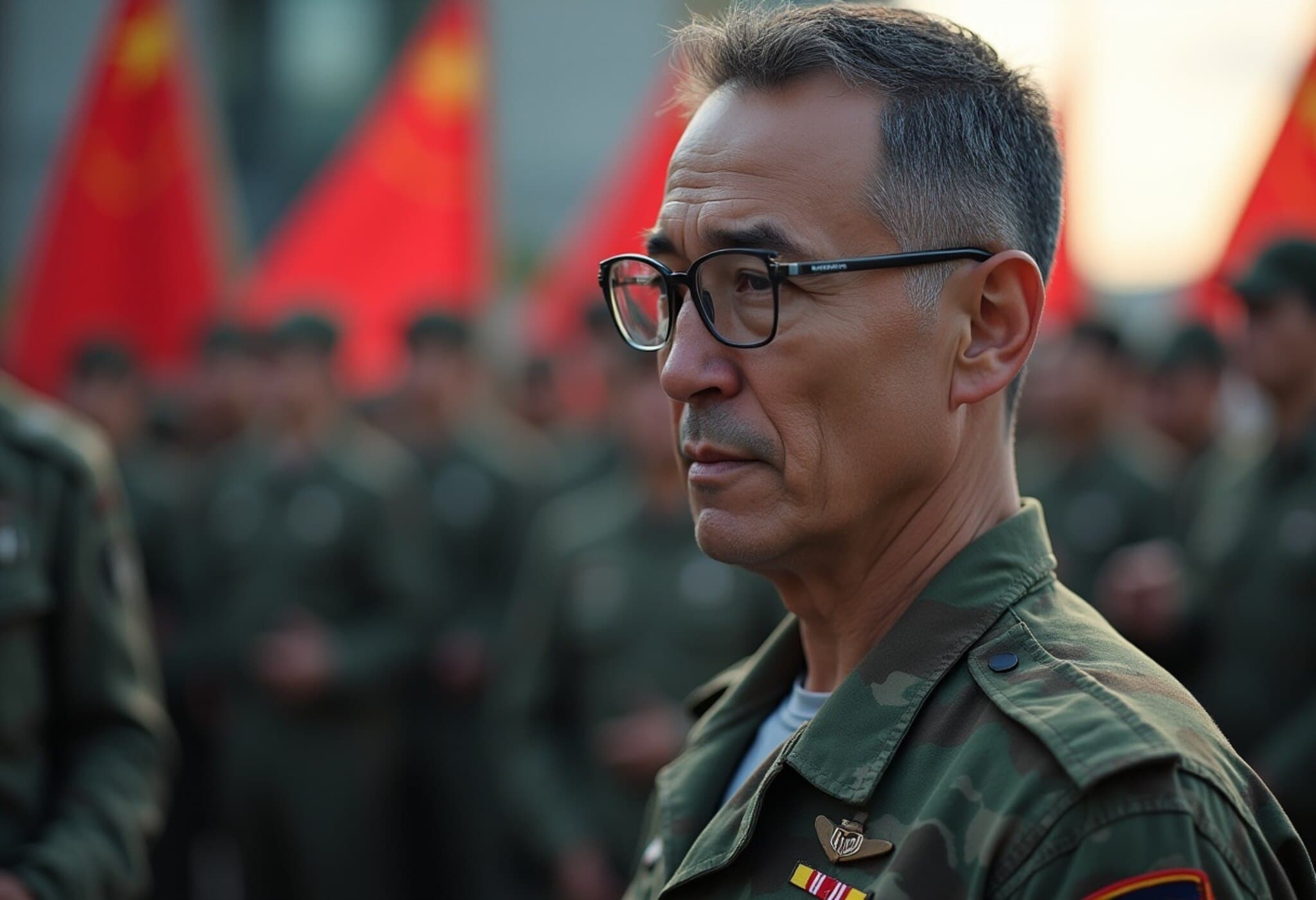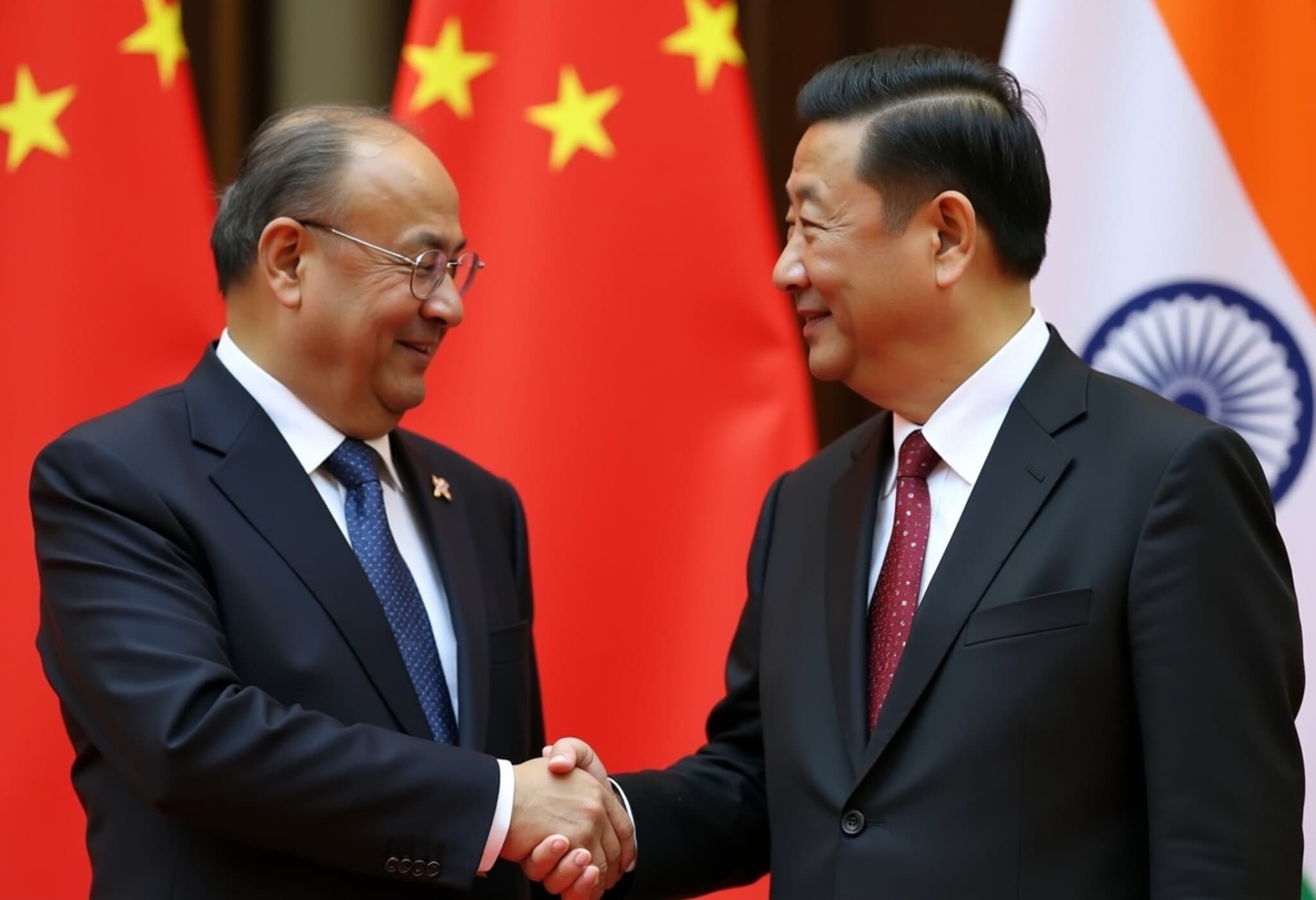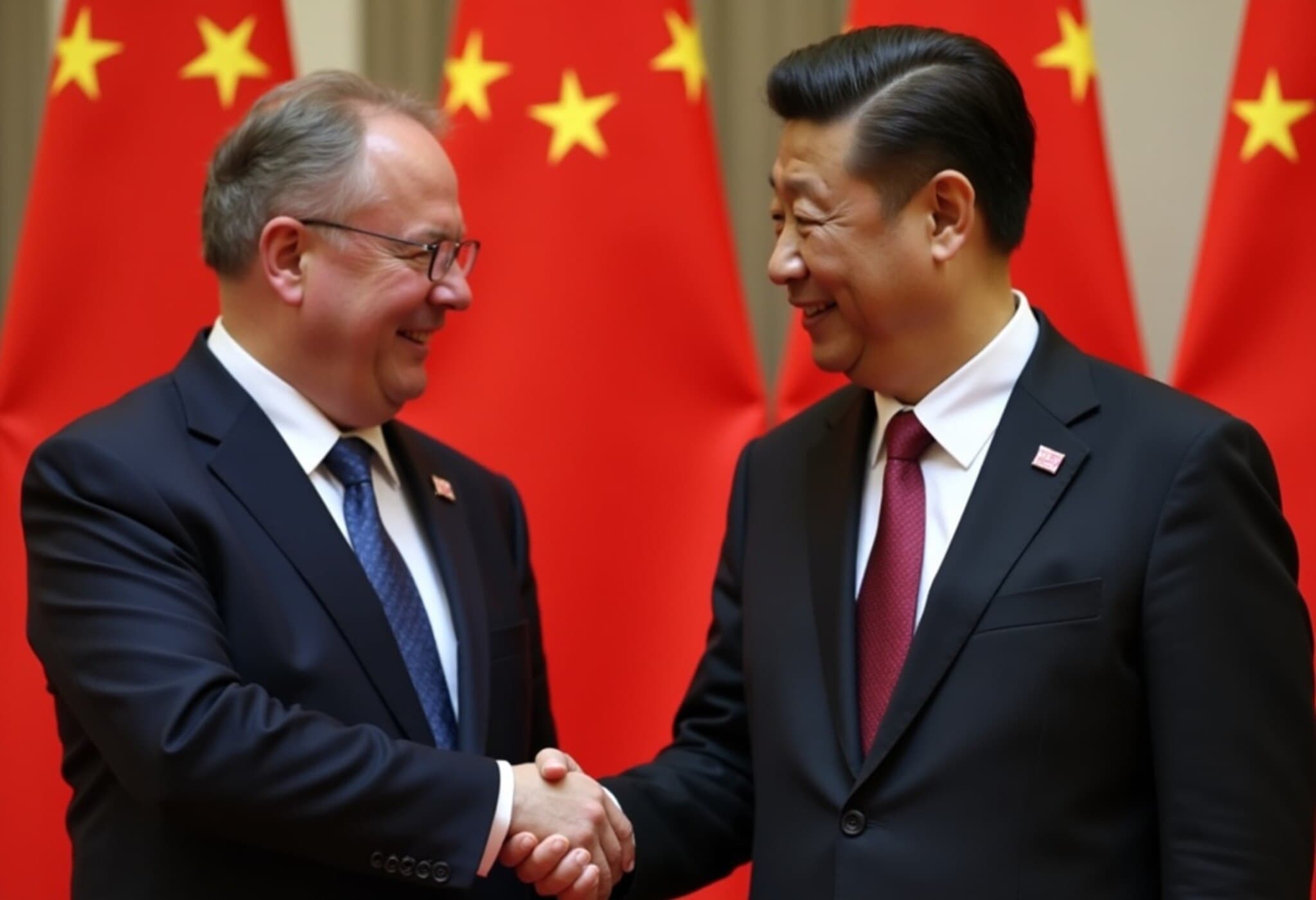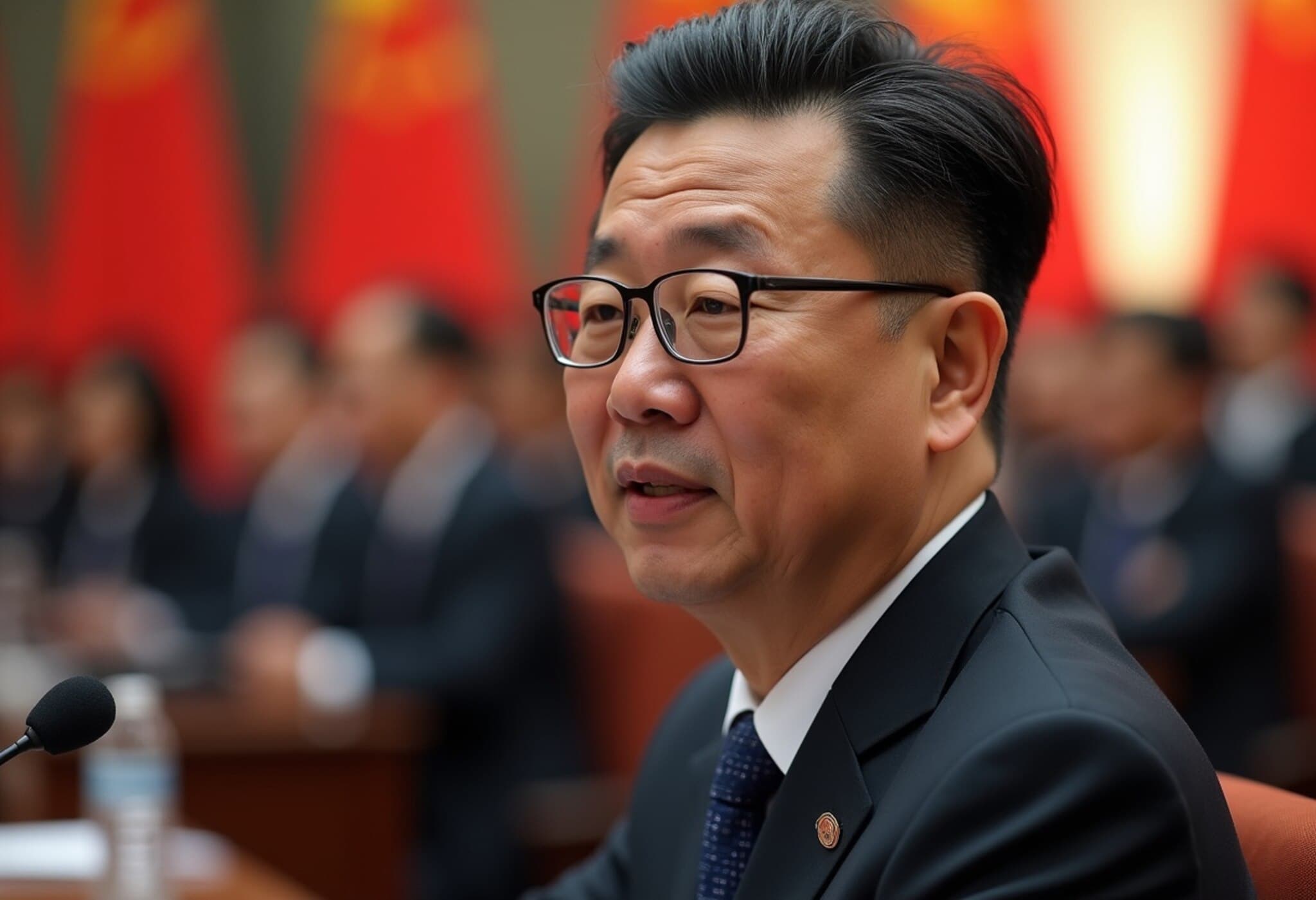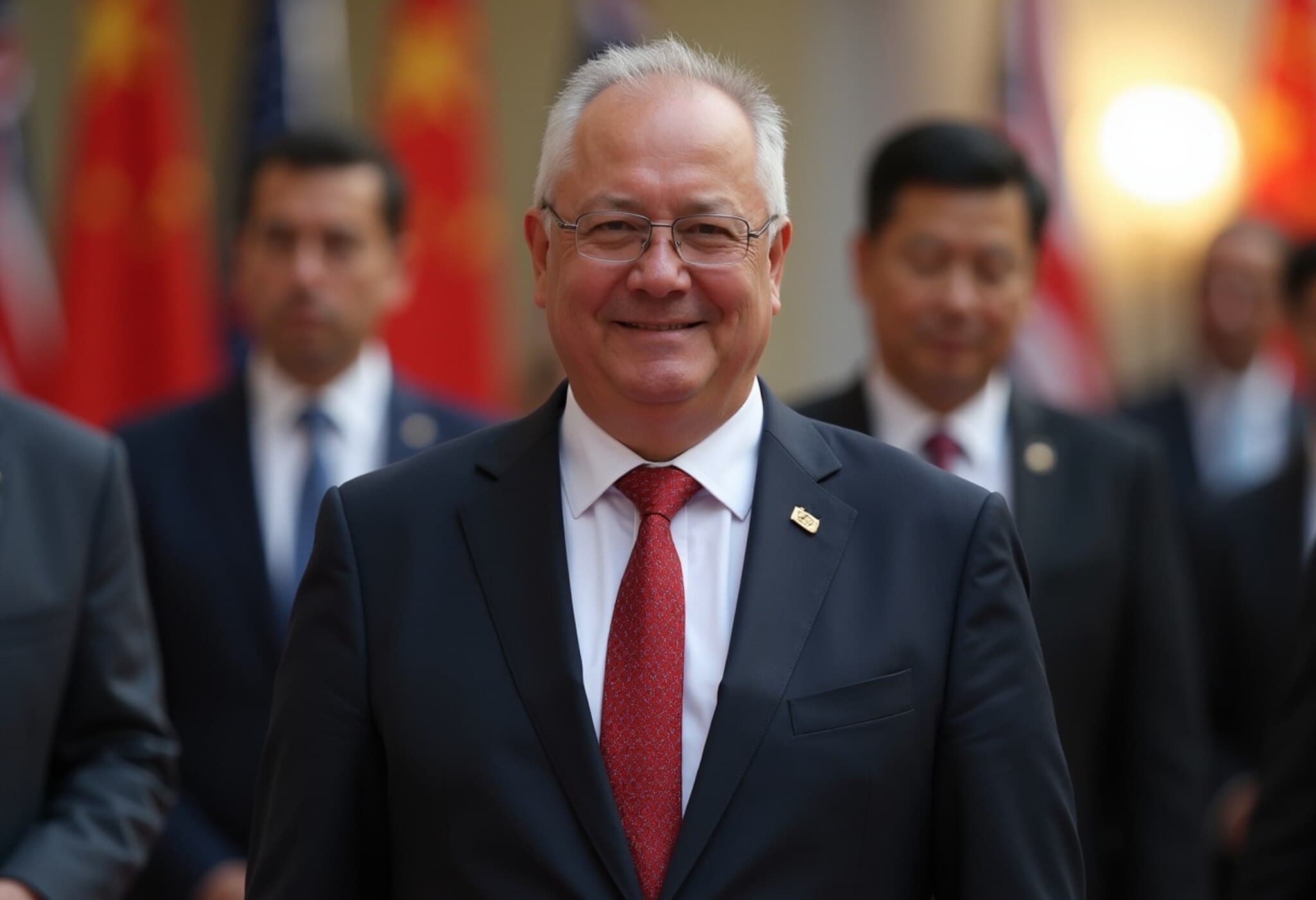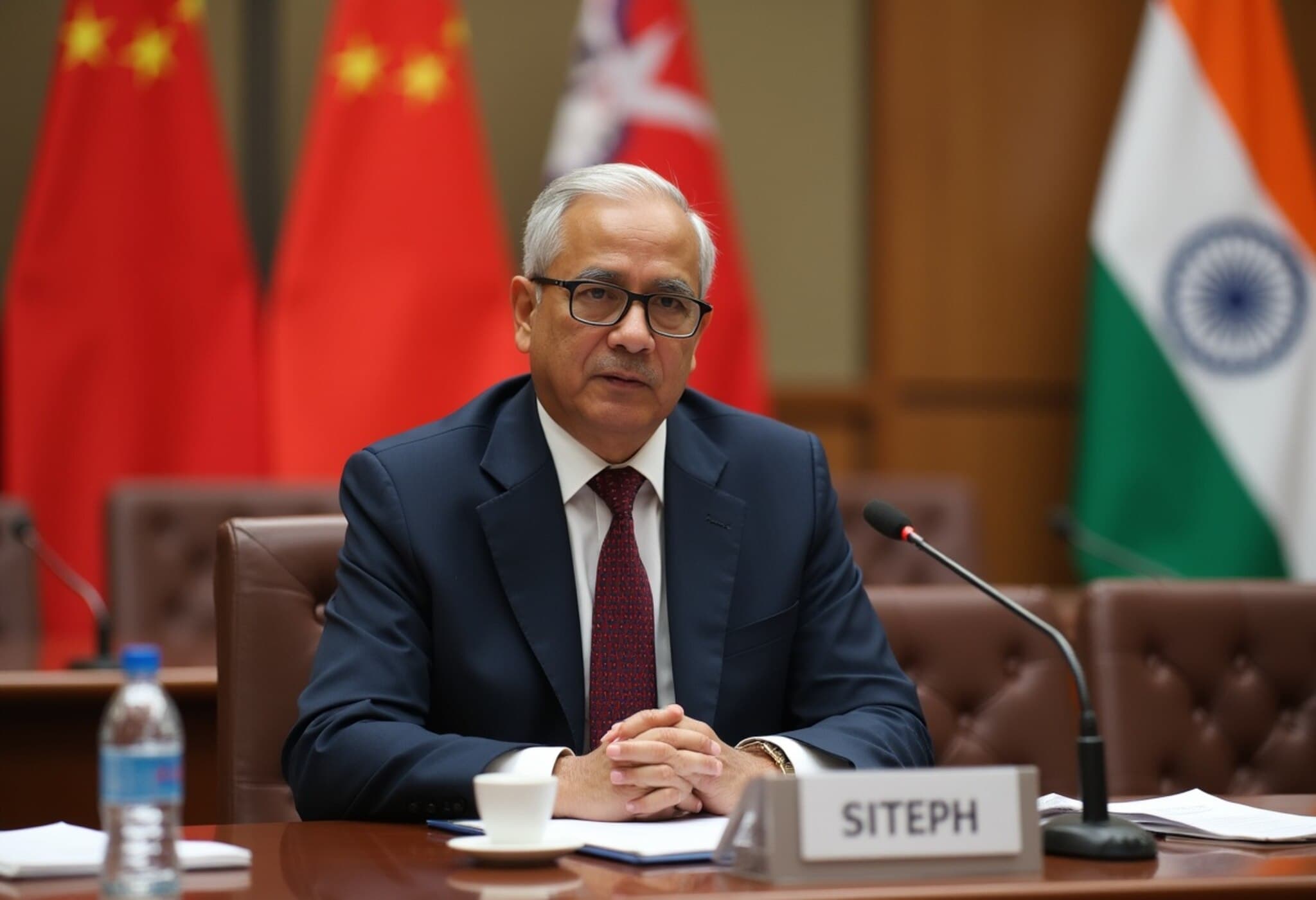Australia-China Diplomacy: Navigating Cooperation Amid Strategic Rivalry
In a noteworthy diplomatic encounter on July 15, 2025, Australian Prime Minister Anthony Albanese met with Chinese President Xi Jinping at Beijing’s Great Hall of the People, signaling a commitment to maintain dialogue and pursue collaboration despite rising strategic competition in the Indo-Pacific region.
Balancing Act between Trade and Security Concerns
Australia finds itself in a delicate position, wedged between its economic reliance on China and its deep security ties with the United States. As China remains Australia’s largest trading partner, especially in iron ore exports vital to the steel industry, Canberra must tread carefully amid concerns over China's growing military footprint in the Pacific and its human rights record.
During his second state visit to China since taking office in 2022, Albanese emphasized the importance of "open discussion and seeking common ground," reflecting a pragmatic approach often described as "cooperate where we can, disagree where we must." This dual approach is pivotal as Australia tries to maximize economic opportunities while safeguarding national security interests.
Trade and Climate Collaboration on the Horizon
The leaders agreed to explore renewing and possibly expanding their decade-old free trade agreement — a move that could further stabilize bilateral commercial relations. Notably, both sides signaled interest in collaborating on decarbonization initiatives, especially in energy-intensive sectors like iron ore mining and steel production. This aligns with global efforts to tackle climate change and reduce carbon emissions, highlighting a potential growth area in Sino-Australian relations.
Addressing Military Tensions and Regional Stability
Albanese candidly raised concerns about China’s recent naval live-fire exercises near the Tasman Sea, which sparked security unease in Australia and New Zealand. President Xi responded by noting that China's military exercises mirror those conducted routinely by Australia, a comment emphasizing the normalization of strategic competition rather than confrontation.
Experts see this exchange as emblematic of the nuanced reality in Indo-Pacific geopolitics, where military competition persists but dialogue channels remain open to prevent escalations.
Strategic Confidence and Multilateralism
Chinese state media quoted Xi stressing the need to continue strengthening strategic mutual confidence, promote a favorable economic environment, and uphold multilateralism and free trade. Such remarks underpin Beijing’s broader narrative advocating for stability amid a complex international landscape marked by protectionist trends and geopolitical frictions.
Albanese echoed this sentiment, emphasizing that "dialogue needs to be at the centre of our relationship," underscoring the priority given to communication over unilateral actions.
Underreported Dimensions: People-to-People and Regional Development
Beyond high-level political talks, Albanese’s weeklong China visit included stops in Shanghai, where discussions focused on tourism and sustainable mining practices, and is set to continue in Chengdu with an emphasis on medical technology and sports cooperation. These engagements hint at a broader strategy to diversify bilateral ties beyond traditional trade and security discussions, fostering people-to-people connections and regional economic integration.
Unresolved Issues and Diplomatic Sensitivities
- The Australian Prime Minister raised the case of Yang Hengjun, an Australian writer detained in China, highlighting ongoing human rights and legal dilemmas.
- Canberra’s scrutiny of foreign investments in critical minerals and plans to reclaim a Chinese-leased port have drawn Beijing’s criticism, reflecting underlying trust issues.
- Trade tensions linger beneath the surface despite efforts to emphasize cooperation, particularly concerning US-China strategic rivalry and tariff policies.
Expert Insight: The Future of Australia-China Relations
Dr. Emily Chen, a geopolitical analyst specializing in Indo-Pacific affairs, explains, "Australia’s approach encapsulates the complexities many middle powers face today: managing economic dependency without surrendering sovereignty or compromising security partnerships. Albanese's visit aims to recalibrate ties with China, signaling openness to economic collaboration while firmly navigating strategic red lines."
She adds, "This balancing act is crucial not just for Australia but for regional stability. As great-power competition intensifies, sustained dialogue channels like those fostered during this visit could prevent misunderstandings from spiraling into conflict."
Looking Ahead
As the global landscape continues to evolve, Australia's nuanced diplomacy exemplified in Albanese’s visit will likely shape how middle powers engage with dominant actors like China and the US. Success will depend on transparent communication, flexibility, and the ability to reconcile competing interests — economic, security, and ideological.
Key takeaways from the visit:- Commitment to ongoing dialogue amid strategic competition
- Exploration of trade agreement renewal with an emphasis on environmental cooperation
- Addressing military tensions with calls for mutual respect
- Diversifying bilateral ties through regional development and technology sectors
- Handling sensitive human rights and investment issues diplomatically
Editor's Note
Prime Minister Albanese's meeting with President Xi marks a pivotal moment for Australia navigating the turbulent Indo-Pacific. While economic imperatives bind Canberra and Beijing, the shadow of military competition and divergent political systems loom large. The visit's emphasis on dialogue and practical cooperation offers a blueprint for managing complexity in an era of great-power rivalry. Yet, critical questions remain: How will Australia balance its values with realpolitik? Can meaningful cooperation on decarbonization transcend geopolitical distrust? And what does this mean for the future stability of the region? As this relationship unfolds, close attention to these dynamics will remain essential for policymakers, businesses, and citizens alike.

